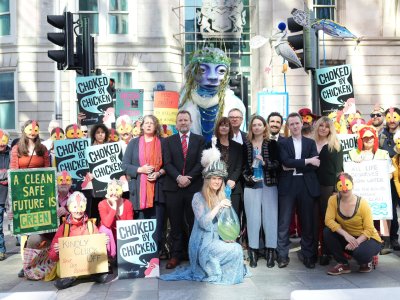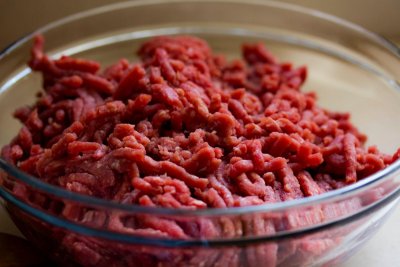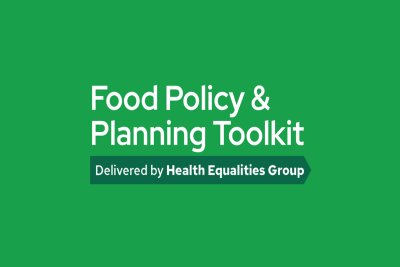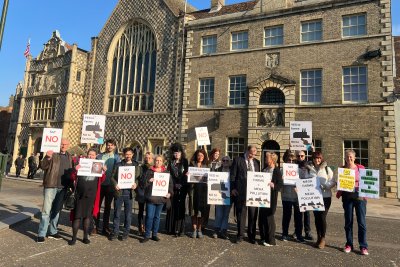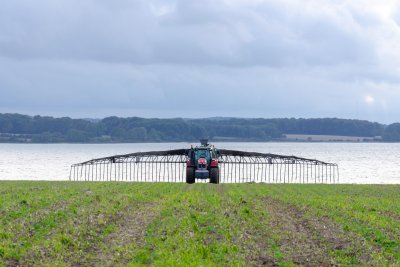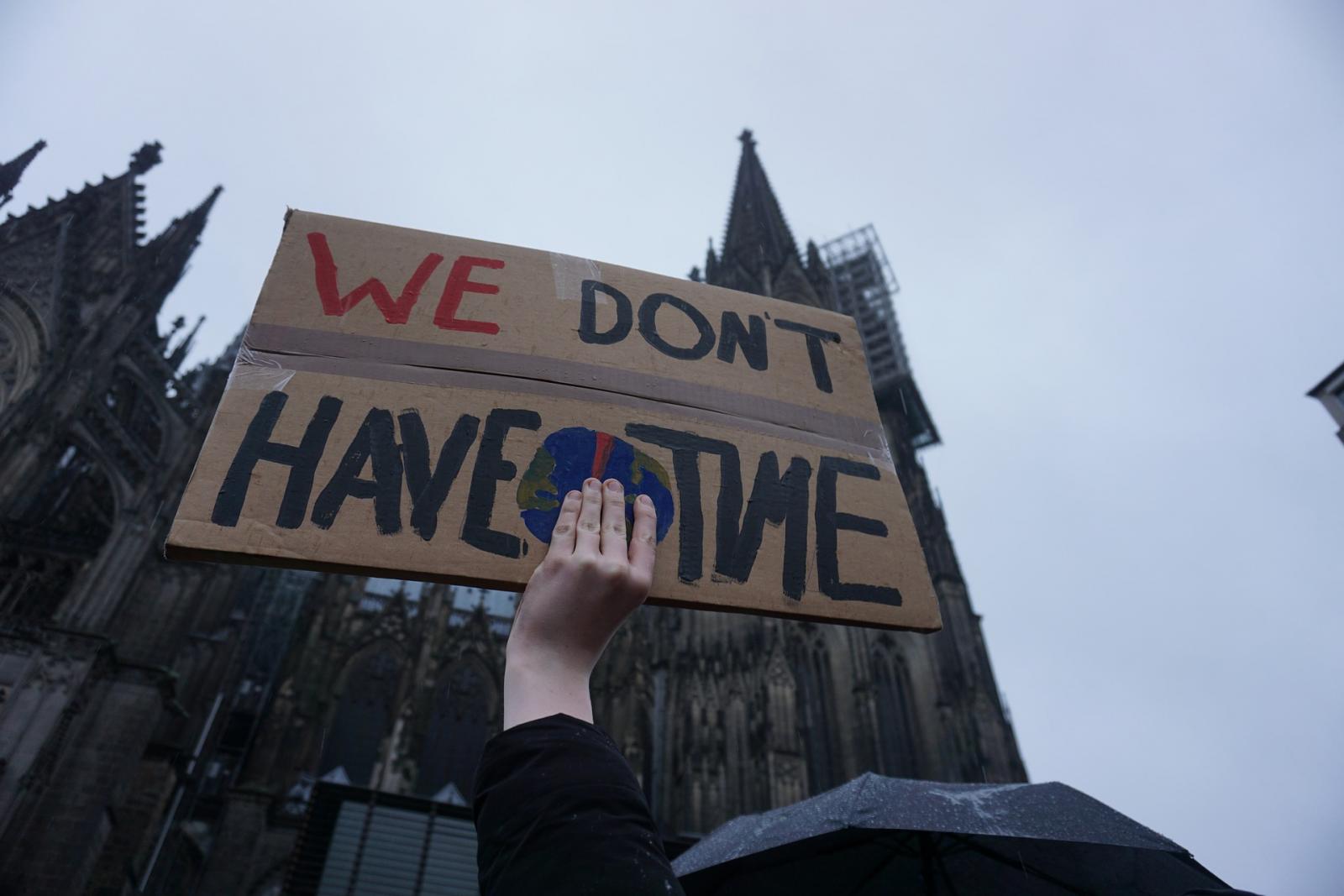 Image by NiklasPntk from Pixabay
Image by NiklasPntk from Pixabay

Campaigners call for food on the menu at COP26
An open letter to Boris Johnson is calling for action to reduce the climate impacts of food and farming.
Fifty health, environment and farming organisations have written to Prime Minister Boris Johnson calling on him to drive action at COP26 on reducing the climate and nature impact of farming and our diets.
The letter urges Mr Johnson to acknowledge the critical role of land use and agriculture in the climate crisis, and recognise that more sustainable farming practices can produce good food while tackling climate change and improving nature.
The signatories are calling for government to reward farmers for transitioning to agroecology, and to uphold high standards when signing new trade deals, whilst advocating for better food and farming policies globally. They also call for public sector food to reflect a healthy and sustainable diet and to buy from more sustainable British farmers.
Kath Dalmeny, Chief Executive of the Sustain Alliance, who co-ordinated the letter, said
“World leaders have committed to limit global warming and that won’t happen without changing the way food is produced. It is neither fair nor realistic to pass the responsibility on to individual choice. We need bold leadership from Government and businesses to make more climate-friendly and healthy food attractive, accessible and affordable. Farmers need support to farm in a nature friendly way so we can reverse the damage done to our countryside and see wildlife return. The UK’s new trade deals must support tackling climate change and increasing biodiversity– not make the situation worse”.
New statistics show lack of support for climate friendly farming
New data on greenhouse gas emissions from UK agriculture were released today by the Office for National statistics.
67% farmers say they think it is important to consider climate change when making farm business decisions. This has increased significantly from 52% in 2015, the year the Paris Climate Agreement was signed. Unfortunately fewer farmers say they are actually taking action to reduce emissions - 56% in 2021 down from 61% in 2015. The fall may be linked to financial pressures, with 47% saying that reducing emissions would improve farm profitability, which is a decrease from 55% just one year ago.
The statistics also suggest that progress is being stalled by a lack of government support. The main reasons farmers gave for not reducing their climate impact were a lack of information (33%, which is up from 26% in 2015) and lack of clarity on what to do (41%, which was 30% in 2015). 28% said there was not enough incentive to change (up from 19% in 2015) and 18% said that changes were too expensive compared to 14% in 2015.
Vicki Hird, Head of Farming at the Sustain Alliance, said
‘Today’s new data confirms what we knew already - more and more farmers see climate change as an important issue but they are being let down by a lack of leadership from the government. They are struggling with a lack of information, resources and incentives to transition to more climate and nature-friendly farming methods. As our open letter says, we must now properly incentivise and reward agroecological farming for the benefit of farmers, climate change and our wildlife.’
Food and drink accounts for a third of the UK’s greenhouse gas emissions, when the impact of imported food is included. Emissions from the global food sector alone would put the Paris agreement out of reach even all other sources of emissions were to be halted.
The most recent Intergovernmental Panel on Climate Change report, released in August, was the panel’s starkest climate warning yet and reported that methane, ammonia and nitrous oxide are having an ever-greater role in global heating. Intensive industrialised farming is the main source of these emissions. The National Food Strategy, commissioned by the UK Government and released earlier this year recommended that UK diets should shift to include 30% more fruit and vegetables and 30% less meat, and that public sector meals including schools and hospitals should reflect a healthy and sustainable diet.
There is growing public support for more action on food and climate change. A nationwide poll of nearly 22,000 people in September found that 93% people favoured reducing meat and dairy as part of a policy mix to tackle climate change. 79% favoured supporting less intensive and nature-friendly farming. Earlier this month Prince Charles criticised ‘crazy’ industrialised farming subsidies and revealed he eats meat in moderation to reduce his environmental impact.
Climate Change and Nature: Sustain has taken a keen interest in the rapidly accumulating evidence about the effect of food and farming on climate change and nature, as scientific evidence emerges that our food system is a very significant contributor to greenhouse gas emissions and biodiversity loss.
Sustain
The Green House
244-254 Cambridge Heath Road
London E2 9DA
020 3559 6777
sustain@sustainweb.org
Sustain advocates food and agriculture policies and practices that enhance the health and welfare of people and animals, improve the working and living environment, promote equity and enrich society and culture.
© Sustain 2025
Registered charity (no. 1018643)
Data privacy & cookies
Icons by Icons8
